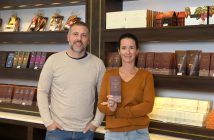The company was founded in San Francisco, California, by a Frenchman in search of gold
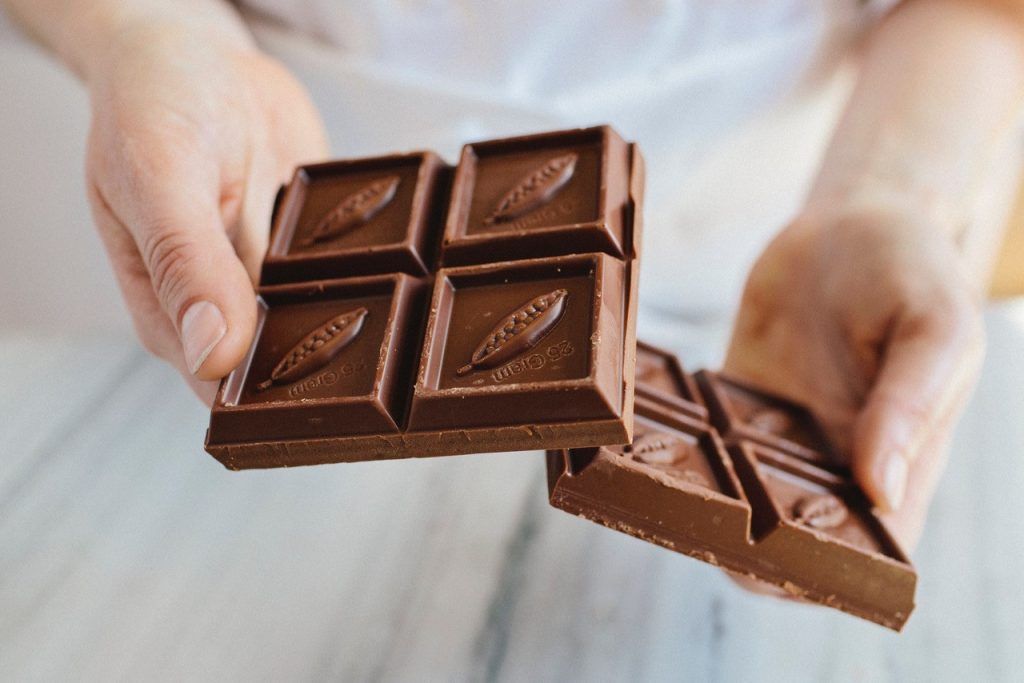
The name Guittard (website) is largely unknown among Brazilians, but for Americans, the story is quite different: Guittard is synonymous with quality chocolate in its country of origin. The company was founded in 1868 in San Francisco, California, by Frenchman Etienne Guittard, who had left the city of Tornurs, France, in hopes of finding gold in the Sierra Nevada region in California and, subsequently, striking it rich. People from across the world flocked to the region, whose episode is known to history as the California Gold Rush, which lasted from 1848 to 1855.
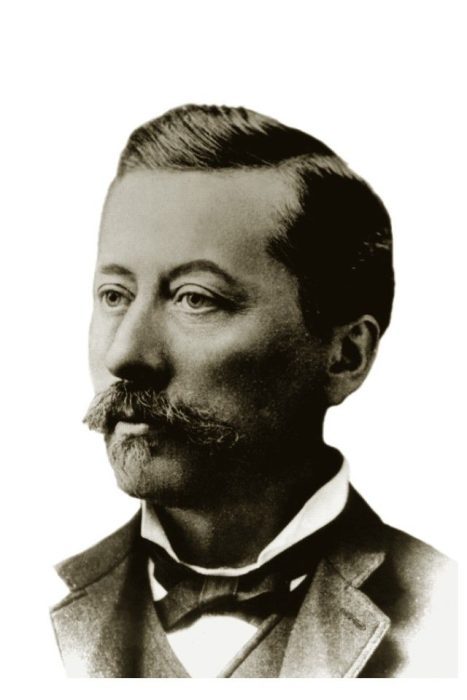
Etienne was sure he too would become rich, but he searched for three years and found nothing. In contrast, he found that the luckiest miners paid whatever it took to buy quality goods, including food. As he had brought some French chocolates produced by an uncle in France, he sold all the bars and returned to his country to hone his skills. Upon returning to California, he founded Guittard and began to sell – in addition to the chocolates he manufactured – tea, coffee and condiments to a city that, until then, was nothing more than a small village. Quickly, San Francisco became a thriving city, with roads, churches, and schools.
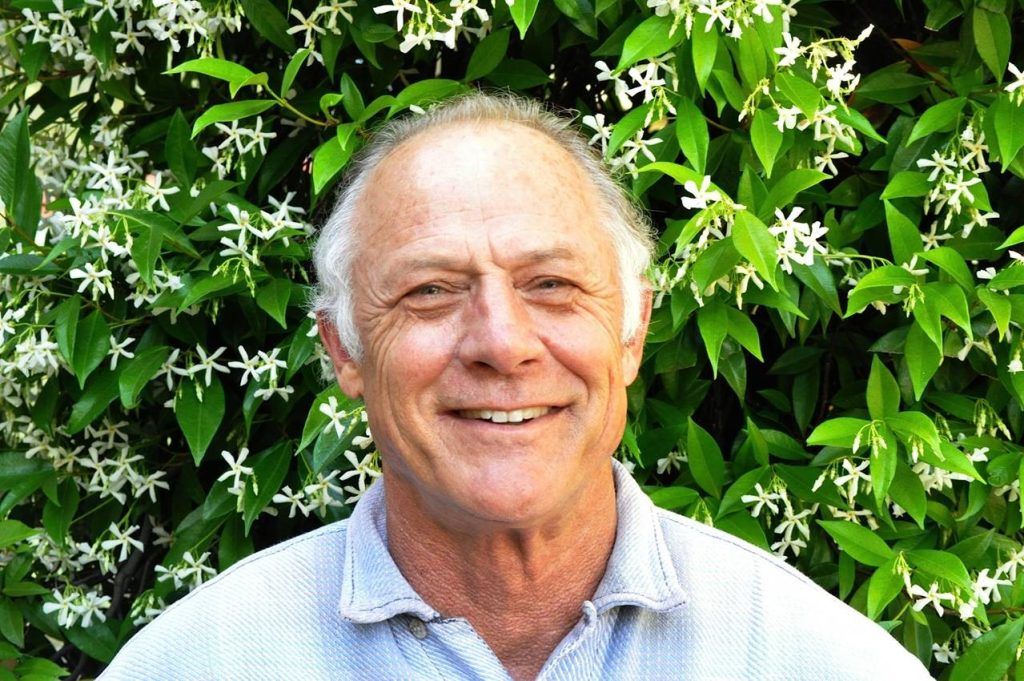
Guittard grew along with San Francisco and, just like the city, suffered major setbacks such as earthquakes, great fires, and the consequences of the stock market crash of 1929. Still, despite everything, it remained, for over 150 years, a family–owned business, whose current CEO, Gary Guittard, belongs to the fifth generation of the family and has been responsible for the partnership with one of the largest U.S. banks, Wells Fargo, also one of the oldest companies in the United States, based in California. Gary runs the company alongside his daughter, Amy Guittard, Guittard’s Chief Marketing Officer, with whom we had the opportunity to speak exclusively.
Read the main excerpts from our interview below:

1. Keeping a company in the family for 150 years is a remarkable feat, and as far as I know, it is the oldest American family Company. How to keep a business in the family for so long?
It’s all about passion, commitment and communication. I’m part of the fifth generation of the business; as such, I feel an extreme sense of responsibility to maintain the heritage and traditions that my great-great -grandfather established while also keeping an eye on the future and ensuring that the business maintain relevance in all that we do. Also, limiting the number of owners. It’s a balance of looking ahead while also using the past to ground us and remind us why we do what we do.
2. American Chocolate companies are good in terms of profit, but not much in quality. It seems that Guittard went on a different direction in order to maintain good quality in its products. How to compete in such a difficult market?
At Guittard, it’s always flavor first; you can’t make a great chocolate without great ingredients. We believe that the end product is only as good as the ingredients that go into it. And by good, we mean not only flavor, but also social integrity. As such, our sourcing practices and our crafting methods are driven by flavor.
On the ground, we’re committed to protecting the unique and diverse flavors of cocoa from around the world. As farmers and industry strive for higher yields and disease resistance, we play a critical role in training and empowering cocoa breeders in producing countries to recognize and protect their historic flavor profiles. We focus on improving yields without compromising flavor.
As a result, generating flavor-based premiums and market access, supports farm investments and builds long-term sustainability of the cocoa sector. By using those flavor beans in our products, we celebrate their heritage and provide our customers with a unique flavor profile synonymous with the Guittard brand. I call it the evolution of artistry: The farmer bestows their own level of artistry on the cultivation and pre- and post-harvest practices of cacao; it’s our job to apply our artistry to preserve those flavors so we can then hand it off to our customers who can then take that collective contribution of artistry and make something even greater than what started. It’s the adage – the whole is greater than the sum of the parts.
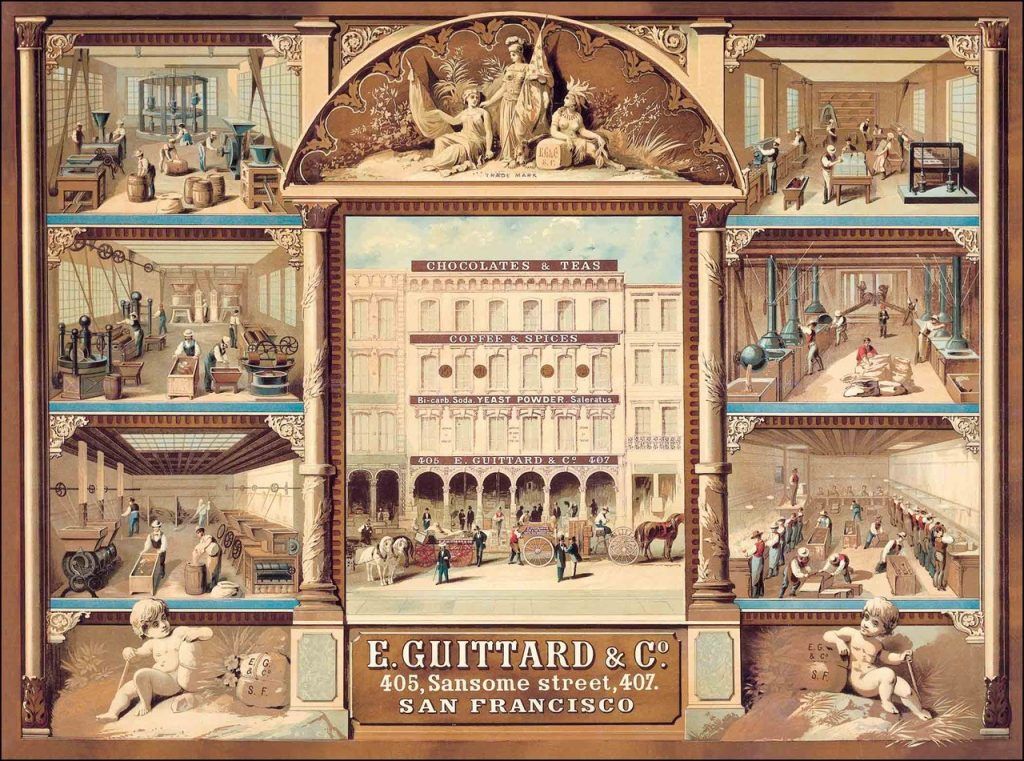
3. How did you build a relationship with cocoa farmers from around the globe?
Relationships with farmers is key to our sourcing and crafting process; collaborating with farmers on pre- and post-harvest practices can lead to higher-quality products and thus higher premiums, which in turn generate long-term sustainability for farmers and farming communities. We’ve been close with our origin partners for multiple generations, traveling to origin to build and maintain those relationships. It’s an integral part to our sourcing and crafting ethos. We’re committed to protecting the unique and diverse flavors of cocoa from around the world. As farmers and industry strive for higher yields and disease resistance, we play a critical role in training and empowering cocoa breeders in producing countries to recognize and protect their historic flavor profiles. It’s about a quality end product—but it’s also about income generation for cocoa farmers. When the farmers can generate flavor-based premiums and increase market access, this also supports farm investments and builds long-term sustainability of the cocoa sector.
Believing in the diversity of flavor that comes from each cocoa-growing region and the unique growing conditions within each country, we seek to increase the visibility of all cocoa farmers. To do so, we are working with our suppliers on increased traceability throughout our supply chains. We’re also working with partner organizations on traceable impact so that the collaborative work that we do with farming communities is measurable and impactful. We support and lead many programs globally across our supply chain that engage individual farmers and farming coops, designed to ensure the long-term success of the farming communities with whom we source.
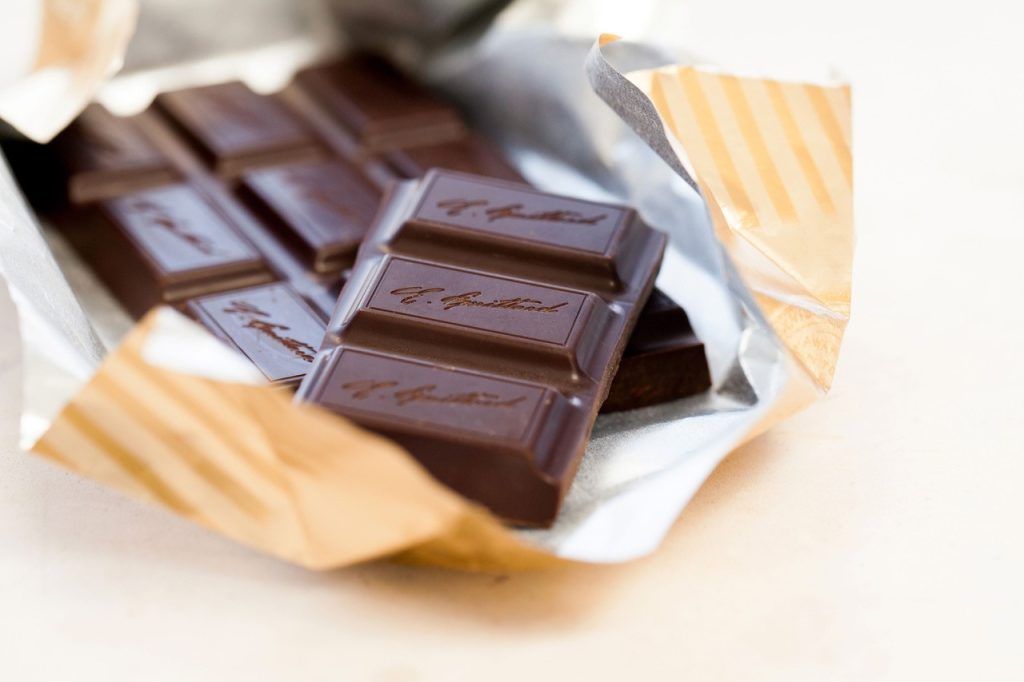
4. Why is it so difficult to change the cocoa market and make it fairer? How has Guittard helped in this process, particularly regarding child labor?
As a family-owned company for five generations, working closely with the communities from whom we purchase our beans is one of our top priorities. Child labor is an extremely complex social challenge that requires collaboration with multiple stakeholders. Together, the cocoa industry, NGOs, local governments, U.S. government and non-profit groups have been tackling this issue for years and continue to do so, developing initiatives that will reduce poverty and improve the social conditions and livelihoods within cocoa communities in Ghana and Cote d’Ivoire.
Our Cultivate Better Cocoa model has impact traceable to the farm level and is designed to ensure participation from communities that will lead toward long-term sustainability for their cocoa farmers and their families. Improving income streams and livelihoods as well as increasing the presence of women in making financial decisions for the family all have positive impacts on lowering instances of child labor. We continue the process of strengthening child protection through our active membership with the International Cocoa Initiative (ICI), an organization that promotes child protection in cocoa-growing communities. ICI works on three different levels—community, national and international—to develop programs that educate and build awareness around child labor mitigation and remediation.
We have worked with Fair Trade USA since 2007 and, in 2014, expanded our commitment to supporting farmer organizations and increasing farmer incomes by moving the majority of our retail product lines to Fair Trade Certification. Fair Trade is making a measurable difference through the Fair Trade Community Development Premium and the Fair Trade standards that include child protection. We recently instituted a beneficiary coop model with Fair Trade USA; this model provides increased transparency and impact within the coops benefiting from our Fair Trade premiums and commitment. We believe that these complex challenges can be effectively addressed through the collective, coordinated and consistent efforts of all parties involved directly or indirectly in the cocoa supply chain. Working with our suppliers and as well as with industry organizations and local partners ensures that we’re making long-lasting impacts. While the investments that have been made through certification and partnerships do make a difference, we recognize we have so much more work to do on our continuous journey to Cultivate Better™
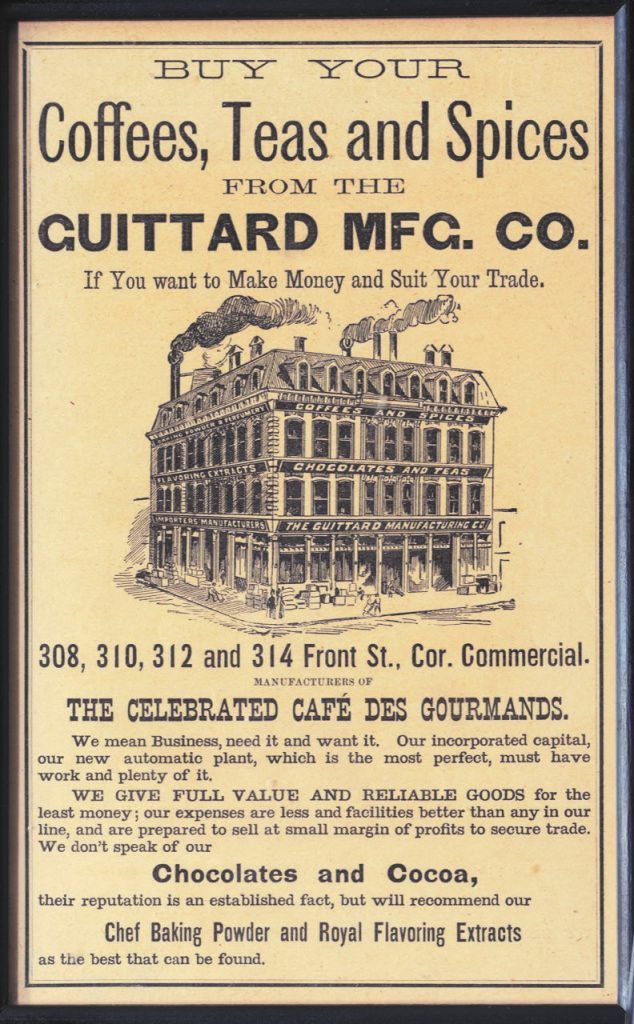
5. How do you view specialty cocoa scenario around the world? And the Bean to Bar market in the U.S.?
We use a lot of specialty cocoa from around the world and want to protect these Heirloom varieties. The Bean to Bar companies have educated consumers about the diversity of flavor. One of the many reasons why they’ve been so good for the industry.
6. Is Guittard buying Brazilian cacao right now? And in the past? From which countries does Guittard buy cacao?
We purchase beans from all over the world. Brazil was a central origin for us in the early days of our business. In fact, we used to buy it over twenty years ago, but the quality began to suffer, which prompted us to move away from purchasing it to the degree we did. That said, for our 150th anniversary, we sourced cacao from Brazil as part of a limited-edition blend of cacao that would have emulated the types of beans we sourced back when the company as first founded, in 1868.
7. How important is Sustainability for the Company?
As a fifth-generation family business, sustainability is central to our company; supporting the success of the cacao industry and cacao farmers is central to our collaborative approach to the industry. We often say that a rising tide lifts all boats.
8. What do Guittard’s customers expect from your products?
I think our customers have come to trust Guittard as a brand that delivers on quality, consistency, and flavor of chocolate–with consistency being one of the toughest things to do. We’ve been committed to building that trust over our 150+ year history as a family business.

